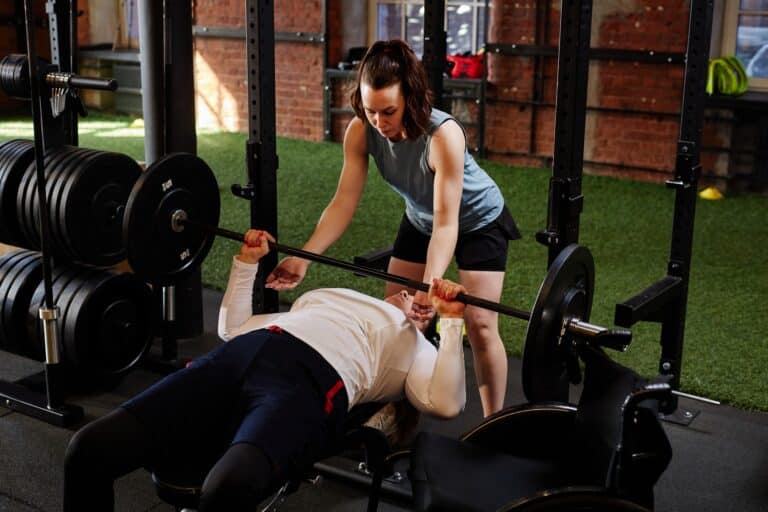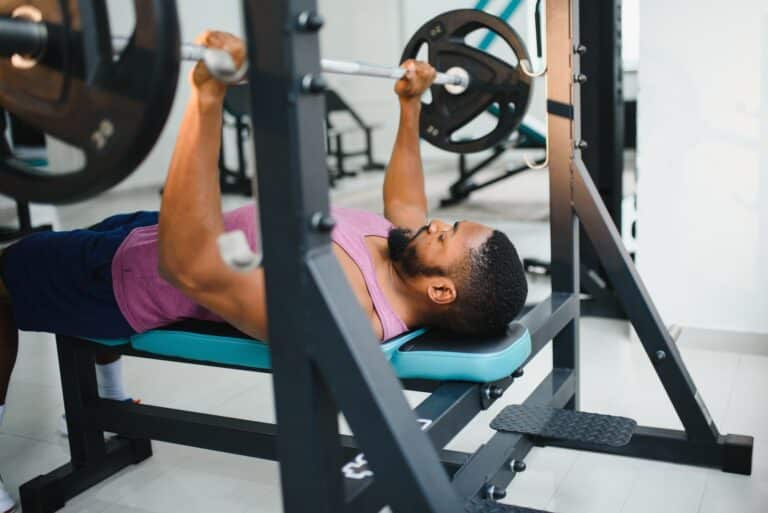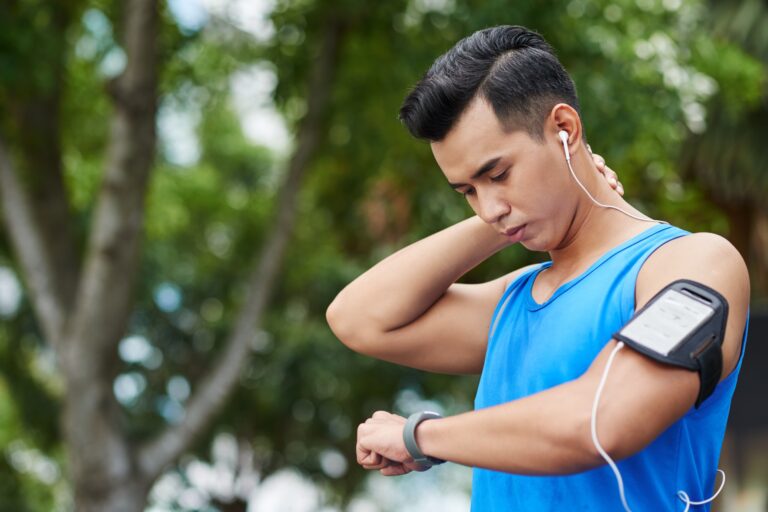Hydration Strategies for Athletes: Best Practices and Common Myths
Maintaining optimal hydration is crucial for athletes to perform at their best, and understanding the nuances of hydration strategies is essential for anyone preparing for the CISSN (Certified Sports Nutrition Specialist) exam. This blog post delves into the importance of hydration, the effects of dehydration, and practical strategies for staying adequately hydrated, all within the context of the CISSN curriculum.
The Importance of Hydration
Hydration is a critical component of an athlete’s performance and overall health. Water makes up about 60% of the human body and is involved in numerous physiological functions, including:
- Regulating body temperature: Through sweating and respiration, water helps dissipate heat generated by muscle activity.
- Maintaining blood volume: Adequate hydration ensures efficient blood circulation, which is essential for delivering oxygen and nutrients to muscles.
- Lubricating joints: Water acts as a lubricant, reducing friction and preventing injury.
- Facilitating metabolic reactions: Many biochemical reactions, including energy production, require water as a medium.
For athletes, these functions are particularly vital, as even slight dehydration can impair performance and increase the risk of heat-related illnesses.
The Effects of Dehydration
Dehydration occurs when fluid loss exceeds fluid intake, leading to a negative fluid balance. The consequences of dehydration can be severe, particularly for athletes:
- Decreased performance: Studies show that losing just 2% of body weight in fluid can reduce performance by up to 10%.
- Impaired cognitive function: Dehydration affects concentration, coordination, and decision-making, crucial aspects for athletic success.
- Increased risk of heat-related illnesses: Conditions such as heat exhaustion and heat stroke become more likely as the body’s ability to regulate temperature diminishes.
- Muscle cramps and fatigue: Dehydration can lead to electrolyte imbalances, causing painful muscle cramps and early onset of fatigue.
Practical Strategies for Maintaining Optimal Hydration
Start Hydrated
Begin each training session or competition well-hydrated. A good indicator of hydration status is urine color; pale yellow indicates adequate hydration, while darker urine suggests the need for more fluids.
Drink Regularly
thletes should aim to drink small amounts of fluid at regular intervals rather than consuming large quantities infrequently. This helps maintain a steady state of hydration and prevents gastrointestinal discomfort.
Monitor Fluid Loss
Weighing oneself before and after exercise can help estimate fluid loss. For every pound lost, athletes should drink about 16-20 ounces of fluid to rehydrate.
Use Electrolyte Solutions
During prolonged or intense exercise, water alone may not suffice. Sports drinks containing electrolytes (sodium, potassium, magnesium) can help replace lost minerals and maintain fluid balance.
Consider the Environment
Heat and humidity increase sweat rates, necessitating greater fluid intake. Conversely, in cold environments, athletes might not feel as thirsty but still need to hydrate adequately.
Customize Hydration Plans
Individual needs vary based on factors such as body size, sweat rate, and exercise intensity. Athletes should tailor their hydration strategies to their specific requirements.
Common Myths About Hydration
Myth: You should drink as much as possible during exercise.
Reality: Overhydration can lead to hyponatremia, a dangerous condition where blood sodium levels drop too low. It’s crucial to balance fluid intake with the body’s needs.
Myth: Thirst is a reliable indicator of hydration status.
Reality: Thirst often lags behind the body’s actual hydration needs. By the time you feel thirsty, you may already be slightly dehydrated.
Myth: All fluids hydrate equally.
Reality: While water is excellent for hydration, beverages like caffeinated drinks and alcohol can have diuretic effects, leading to fluid loss. Sports drinks are beneficial during prolonged exercise for their electrolyte content.
Conclusion
For athletes and those preparing for the CISSN exam, understanding hydration strategies is essential. Proper hydration supports peak performance, prevents heat-related illnesses, and promotes overall well-being. By debunking common myths and implementing evidence-based practices, athletes can maintain optimal hydration levels and achieve their performance goals.
GIFTED Academics CISSN Exam Prep Course
Consider utilizing our CISSN Self-Led Online Course to help you through the preparation process.
Official Education Partner of The ISSN!
With our exclusive partnership with the ISSN, you can purchase our Self-Led Online Course and CISSN Exam access for a reduced rate as a Professional ISSN Member. If you need to become a member, visit this link. With this bundle, the cost of the ISSN Membership, Exam Access, and our Self-Led Online Course combined is cheaper than if you choose to take the exam alone as a non-member!
Designed by expert instructors with experience in the field, our certification exam preparation online courses are designed to bring students from baseline to certified in 12-14 weeks, much quicker than other self-paced options.
This self guided, 100% online course is your one-stop-shop for CISSN Exam Preparation, including video lectures from our expert instructors and slide downloads for each chapter, lifetime access to all course materials, auto-graded sample midterm & final exams, and access to the course via both web & mobile on the Kajabi learning platform.
Additionally, you can purchase packages that include Virtual 1-on-1 Instructor Review Sessions for more personalized guidance. During these sessions, you can discuss the course material, receive assistance with any sections you are struggling with, and have any questions you have about the exam answered.
Don’t wait—join the ranks of our many satisfied customers with a 100% pass rate! CLICK HERE to learn more and get started.
Happy studying, and good luck on your journey to becoming a certified strength and conditioning specialist!





